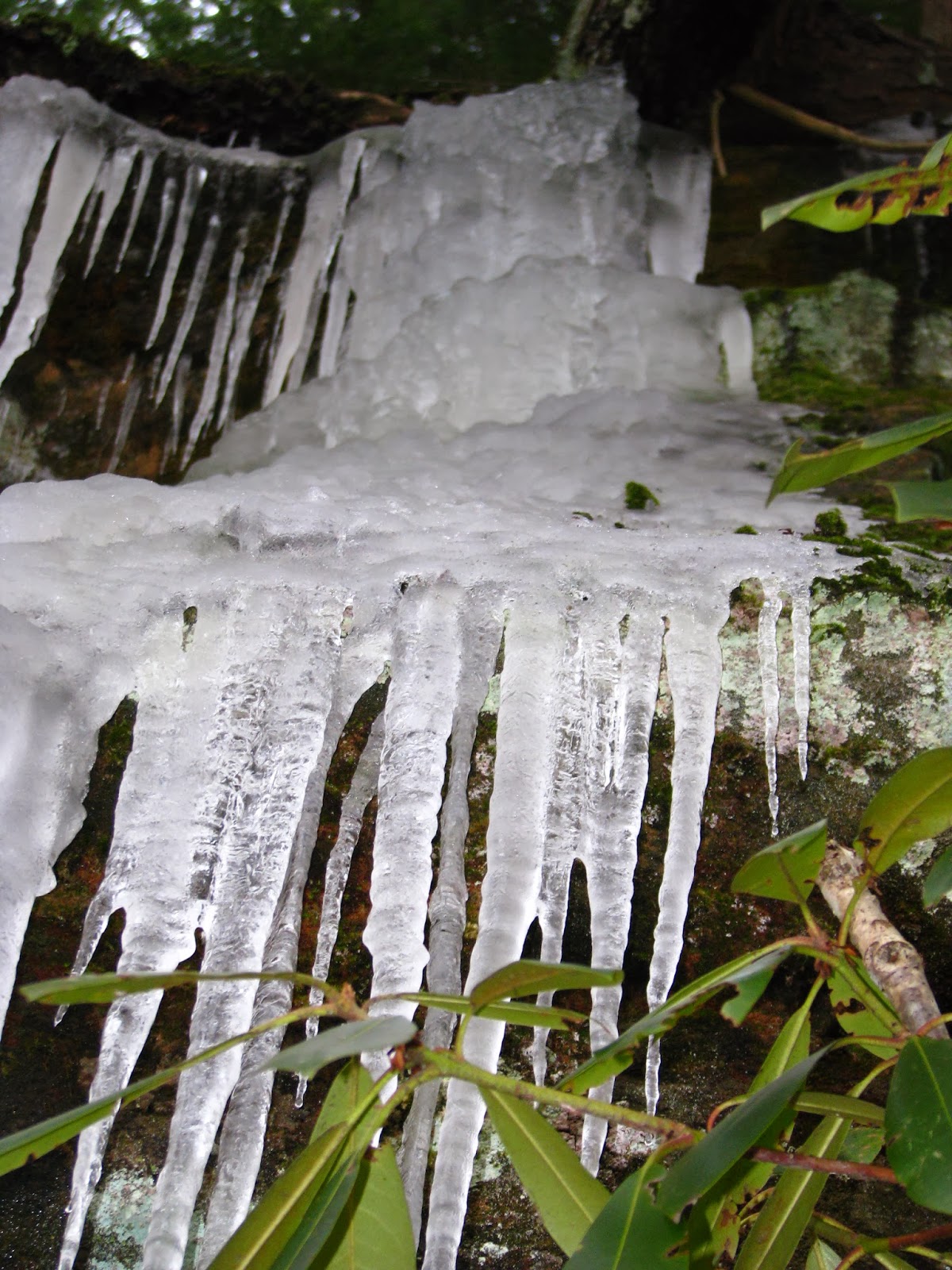 |
| Cardinal Flower |
I understand that this is old news, but I recently came upon this quote by an esteemed member of Congress. I agree with all of it with the exception of the second sentence. I guess it is a matter of how one defines "destroy". If destroy means to cause the literal destruction of the planet, as in the Earth being blown to bits in a massive global explosion, then no, I do not think that man will destroy the Earth. If destroy means to make the Earth, in total or in part, uninhabitable, then yes, absolutely man will, and I would argue has already begun, to destroy the Earth.
 |
| Acid runoff and herbicide treatment of OH56 roadside in Athens County, Ohio. |
I think God will step in before we blow the planet to bits. Yes, the Bible says that the Earth will not be destroyed by flood. The Bible does not say that the Earth will not be destroyed by fire, locusts, war, or glyphosphate.
Rather, my concern I want to express in this edition of My Search for Creation is the attitude that usually accompanies the type of statement expressed by Mr. Shimkus. The attitude is that we can do whatever we want to the Earth because God will not allow the planet to be destroyed until he is ready for it.
When Christ was asked what the most important commandment is, he responded, "Love the Lord your God with all of your heart, soul, mind, and strength." (Matthew 22:37) Let me ask, if we really truly love God with all of our heart, soul, mind, and strength, why would we willingly inflict injury upon something so wondrously and purposefully created by God? I know Mr. Shimkus believes that God created the Earth, because he says so in a different portion of the transcript from above. If we love God, we should love His creation as well. And we should treat it in such a way as to express that love.
I love my children. And because I love my children I do not go into their room and trash their stuff. If anything, I encourage them to take good care of their things so that they can continue to enjoy them. Why would somebody who claims to love God be so willing to trash his Creation?
I have to wonder if some folks' Christianity is more politically driven than love driven. While I never will think that some people are beyond hope, I do believe that it will take an act of God to bring some people around to loving Him for love's sake and not for ulterior motives. As for the rest of us, how do you show that you love God? Is it a convenient pick-up line for Christian mingle.com or to garner political votes, or is it something that you show on a daily basis? Let me offer a suggestion. Go out into Creation and and tell God how much you love Him and show it through your behavior.













